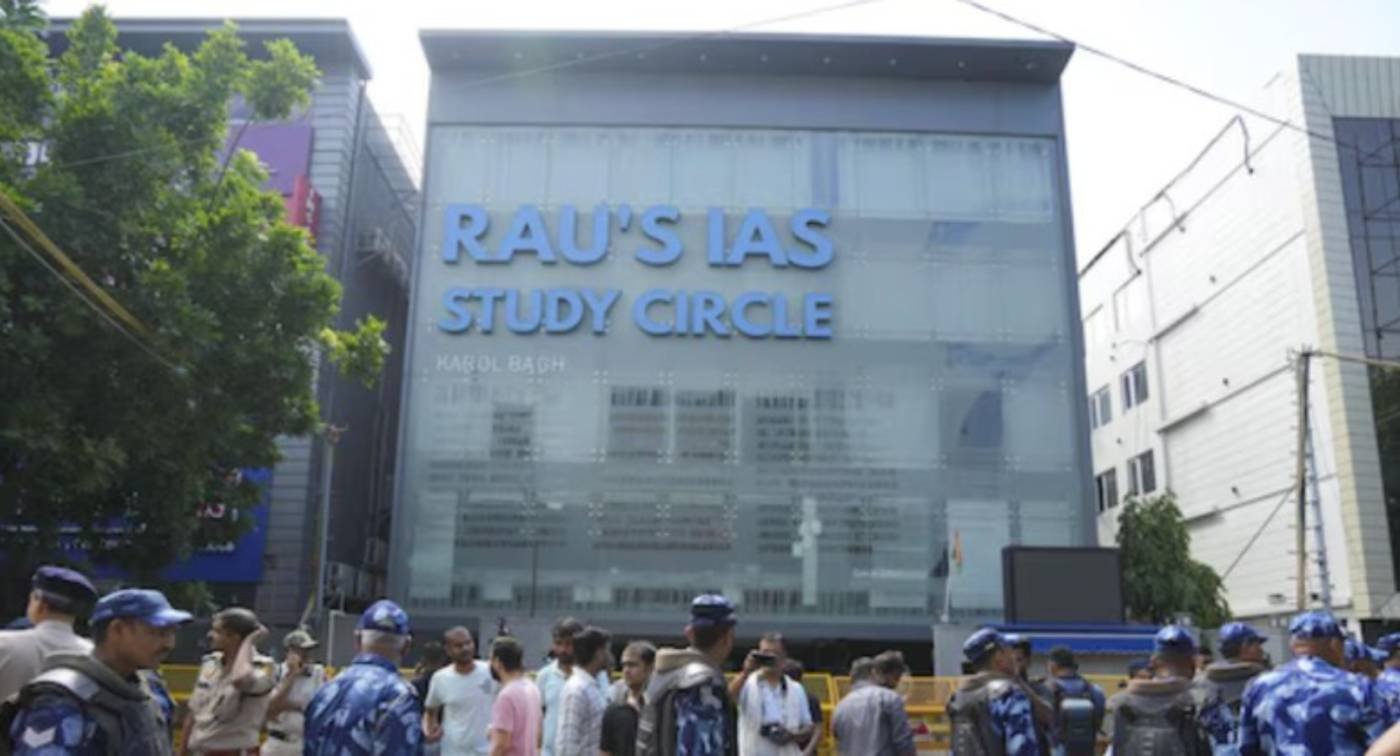Hindenburg’s Report Unveiling SEBI’s Alleged Ties to Adani’s Offshore Secrets
Hindenburg Research, the U.S.-based investment firm notorious for its critical reports on global corporations, has once again shaken up the Indian financial landscape. Following its explosive allegations against the Adani Group in early 2023, Hindenburg has scrutinized the Securities and Exchange Board of India (SEBI). The latest report accuses SEBI Chairperson Madhabi Puri Buch and her husband, Dhaval Buch, of concealing stakes in offshore entities linked to the Adani Group, reigniting concerns about regulatory integrity and corporate governance in India.
Background on Hindenburg’s Initial Allegations Against Adani Group
In January 2023, Hindenburg Research published a damning report that accused the Adani Group of stock manipulation, accounting fraud, and exploiting complex offshore structures to artificially inflate its stock prices. The report led to a dramatic decline in the market capitalization of Adani’s listed companies and prompted SEBI to initiate an investigation. The allegations brought significant international attention to the conglomerate, resulting in both legal and financial repercussions.
New Allegations by Hindenburg Research
Hindenburg’s latest report takes aim at SEBI’s Chairperson, Madhabi Puri Buch, alleging that she and her husband are linked to the very offshore entities they are supposed to regulate. The report claims that the Buchs have hidden stakes in funds based in Mauritius and Bermuda, which were allegedly used by Vinod Adani, the brother of Gautam Adani, to invest in Indian markets through questionable means. According to whistleblower documents cited by Hindenburg, these funds were part of a broader strategy to siphon money through over-invoicing and other financial manipulations.
Offshore Entities Linked to Adani Group
The offshore entities at the center of these allegations are based in notorious tax havens like Mauritius and Bermuda. These locations are often used to obscure the origins of financial transactions due to their secrecy laws and favorable tax regimes. Hindenburg’s report suggests that these entities were integral to Vinod Adani’s efforts to funnel money into the Indian stock market, raising serious concerns about conflicts of interest within SEBI, especially given the alleged involvement of its chairperson and her husband.
SEBI’s Response and Denials
In response to Hindenburg’s report, Madhabi Puri Buch and her husband have issued a strong denial, labeling the allegations as baseless and devoid of truth. The Buchs stated that all necessary disclosures have been made to SEBI over the years and expressed their willingness to provide any additional financial documents to relevant authorities. They condemned the report as an attempt at character assassination, particularly in light of SEBI’s previous enforcement actions against Hindenburg.
Public and Media Reactions
The allegations have sparked a media frenzy in India and abroad, with financial experts and analysts weighing in on the potential implications. While some view the report as a critical examination of regulatory practices in India, others see it as a politically motivated attack designed to destabilize the country’s financial markets. The Adani Group, already under intense scrutiny, faces renewed pressure as it continues to navigate the fallout from these allegations.
Legal Implications
If proven true, the allegations against SEBI’s chairperson could have far-reaching legal consequences. Not only could this undermine the credibility of SEBI as a regulatory body, but it could also lead to a deeper investigation into the Adani Group’s financial practices. The situation raises broader questions about the effectiveness of India’s regulatory framework in managing conflicts of interest and maintaining transparency in corporate governance.
Impact on the Indian Financial Markets
The impact of Hindenburg’s latest report on investor confidence in the Indian market cannot be understated. As one of the largest and most influential conglomerates in India, the Adani Group’s financial health is closely tied to the broader economy. The ongoing controversies could lead to increased market volatility and may prompt both domestic and international investors to reassess their exposure to Indian equities.
Role of Whistleblowers in Corporate Governance
This situation highlights the critical role whistleblowers play in exposing financial misconduct. Whistleblowers often face significant personal and professional risks in bringing such information to light, but their contributions are essential to maintaining accountability within the corporate sector. Hindenburg’s reliance on whistleblower documents underscores the importance of protecting these individuals and ensuring that their claims are thoroughly investigated.
Hindenburg Research’s Track Record
Hindenburg Research has built a reputation for its in-depth investigations into corporate misconduct, often leading to significant legal and financial consequences for the companies involved. From Nikola Motors to Wins Finance, the firm has a history of uncovering questionable practices and holding powerful entities accountable. The Adani Group saga is just the latest in a series of high-profile cases that have cemented Hindenburg’s status as a formidable force in the world of investment research.
Adani Group’s Position and Future Prospects
Despite the ongoing controversies, the Adani Group remains one of India’s most prominent and influential conglomerates. However, the repeated allegations of financial misconduct have cast a long shadow over its operations. The group’s future will likely depend on its ability to navigate these challenges while maintaining investor confidence and addressing the regulatory concerns that have been raised.
Global Implications
The fallout from Hindenburg’s latest report could extend beyond India’s borders, affecting global perceptions of the country’s regulatory environment and investment climate. As India continues to position itself as a major player in the global economy, the integrity of its financial institutions will be crucial in attracting and retaining international investment. The outcome of this situation could have lasting implications for how Indian markets are viewed on the world stage.





